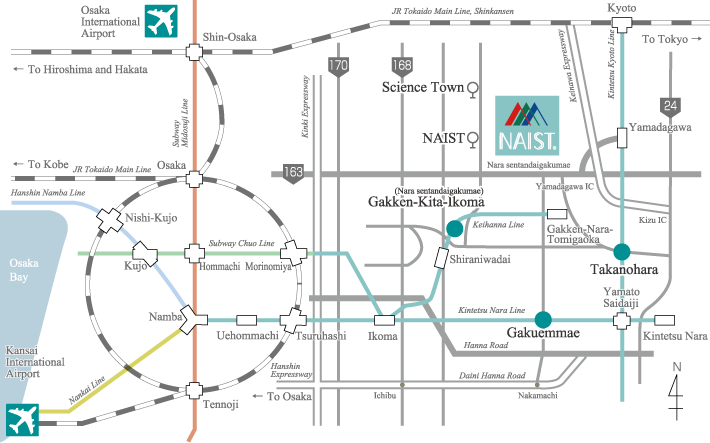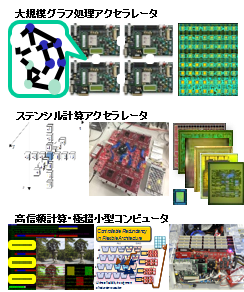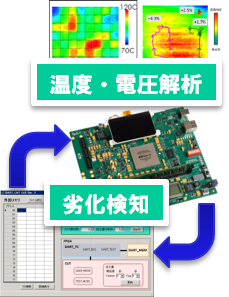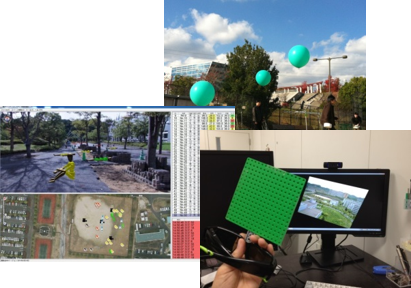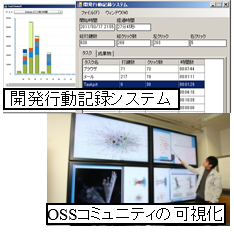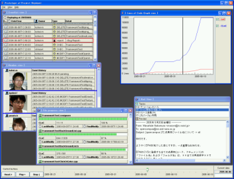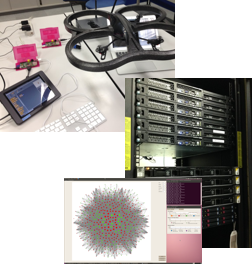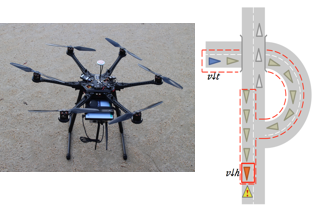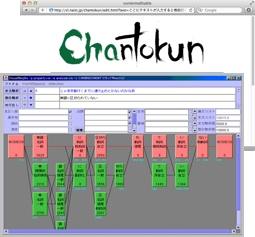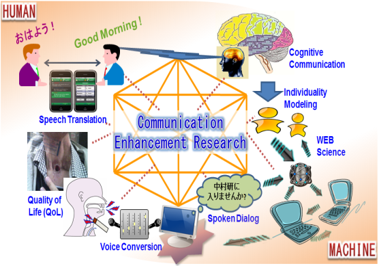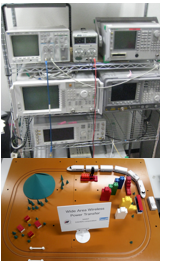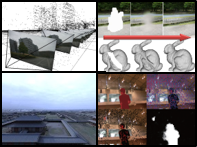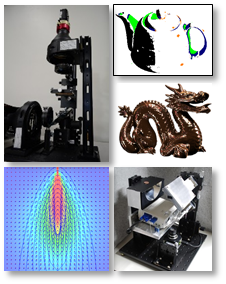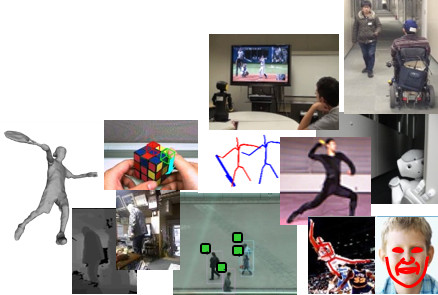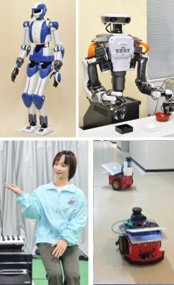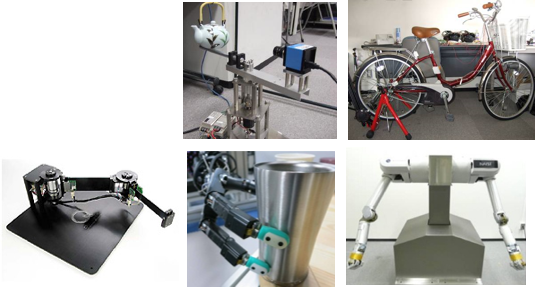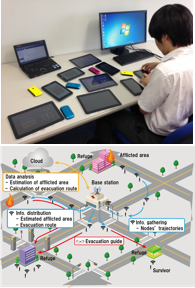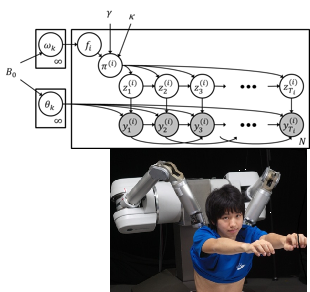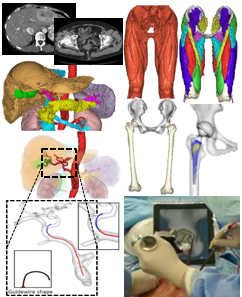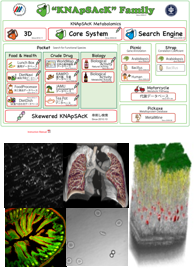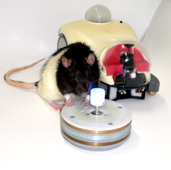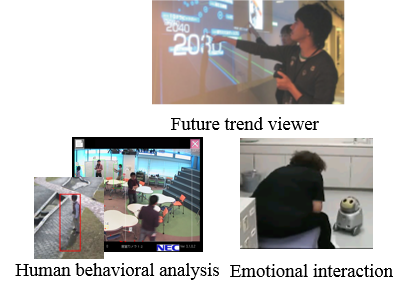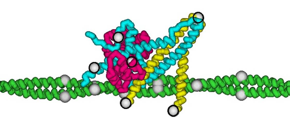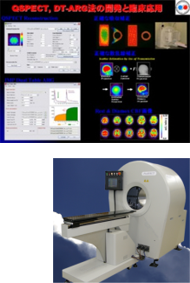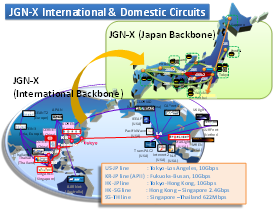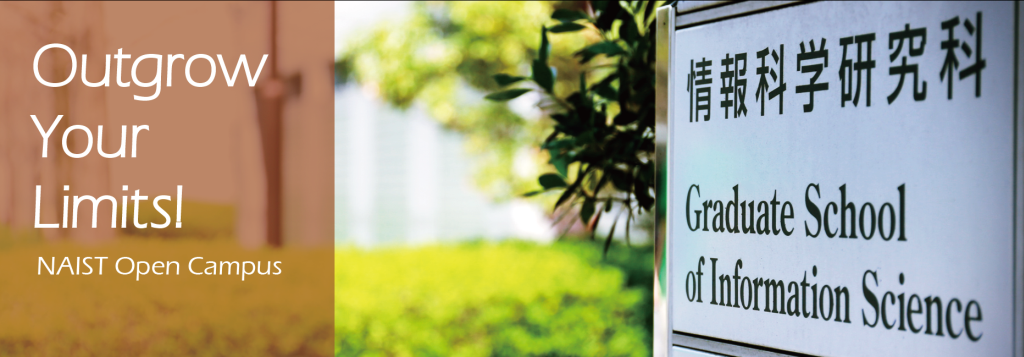

Announcement
Schedule
Labs Intro & Demos
Admission Inquiry
Thematic Labs Tour
Gender Equality
Student Housing
Access
Japanese page
NAIST Top
GIS Top
Tweet

|

|

|
| NAIST Graduate School of Information Science Official Account | ||
Open Campus for Prospective Students 2014
Announcement
- This page is frequently updated with new information.
- NAIST Graduate School of Information Science is completely open for prospective students (University Students, Technical College Students, Graduate Students, Working People)!
- You can visit all labs and see the state-of-the-art research demos.
- You can also directly consult with the faculty (Professor, Associate Professor, Assistant Professor) of the lab that you are interested in.
- At the admission inquiry counter, all questions regarding entrace examination and university life will be answered.
What's New:
- 5/12 Detailed information such as Lab Intro/Demos, Lab Tours, and Admission Inquiry are added.
- 4/24 Homepage is up.
Last year's open campus videos by student volunteers.
|
First floor |
Computer Science |
|
Applied Informatics |
Media Informatics |

Schedule
May 17, 2014 (Saturday) 10:00-17:00 (in all weather conditions)

Laboratories Demo and Panel Exhibition
The overview of each laboratory can be found from the panel at first floor of IS Building.In each laboratory, there will be research demonstration.
The location of laboratories can be found from the brochure or you can also ask at the reception desk.
 |
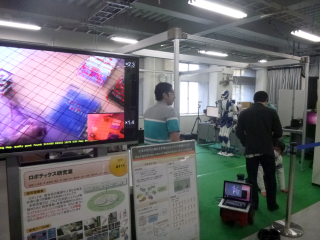 |
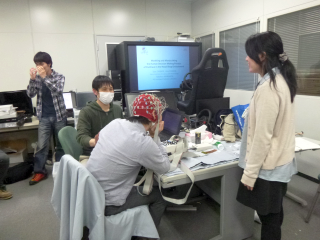 |
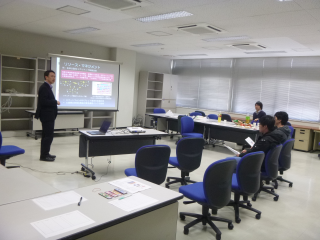 |
|
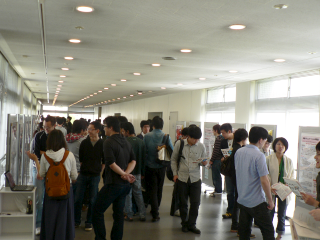 |
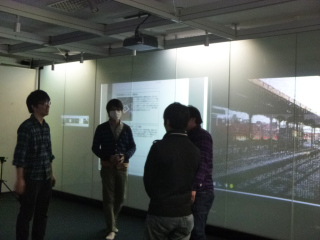 |
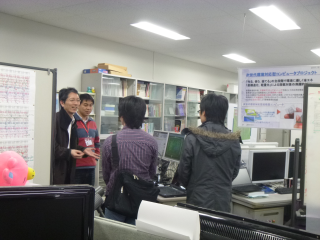 |
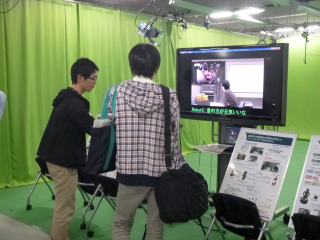 |
|
| Panel Exhibition of each laboratory (Lobby 1st Floor) | ||||
「★」Introduction with Demo、「・」Panel introduction only。
| Computer Science | |
|---|---|
| We offer education and researches on computer hardware and information network to establish fundamental technologies for the next generation computer science, including dependable and green IT. |
| Media Informatics | |
|---|---|
| We offer education and researches on human-machine interaction and media to establish fundamental technologies to support people in advanced information society. |
| Applied Informatics | |
|---|---|
| We offer education and researches on computational systems, robotics, and bio-information processing to discover vital function and life phenomena. |
|
Collaborative Laboratories (A portion of the collaborative labs will be exhibited) |
|
|---|---|
The Collaborative Laboratories provide opportunities for Master students to make a long-term visit to a private company or research institution and receive supervision for their Master thesis.
Laboratory list is Here |

Admission Info
Admission Guidance
|
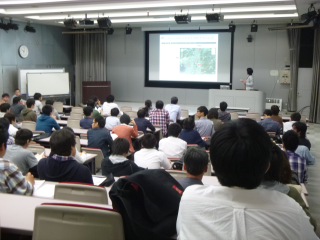
|
Admission Inquiry Desk
|
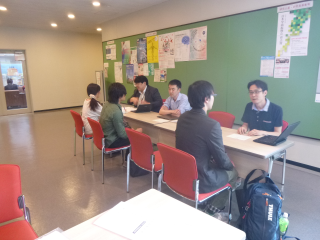
|
Admission Interview Show Room
|

|

Theme-based Laboratories Tour
Tours will be provided based on laboratory research themes by current NAIST students.
- You can choose any tour based on your research interest.
- After the tour, you can visit again those laboratories that you are interested in.
- Please make advance registration at the registration desk
- 10:30~11:15 (tour begins after the 10:00-10:30 Admission Guidance session)
- The following tours will be provided (Each tour: 5min/each-lab, 45min/total):
- Computer Science A
Ubiquitous Computing Systems, Foundations of Software, Software Engineering, and Software Design and Analysis Labs. - Computer Science B
Computing Architecture, Dependable System, Internet Engineering, Internet Architecture and Systems Labs. - Media Informatics
Computational Linguistics, Augmented Human Communication, Network Systems, Vision and Media Computing, Interactive Media Design, Optical Media Interface, and Ambient Intelligence Labs. - Applied Informatics
Robotics, Intelligent System Control, Mathematical Informatics, Computational Systems Biology, Imaging-based Computational Biomedicine, and Large-Scale Systems Management Labs
- Computer Science A

Gender Equality Promotion Office
|
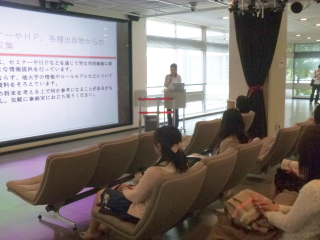 Last year's lecture (The location will be different for this year) |

Student Housing
Student dormitory is planned to be open for public.
|
 Single Room |
 Overview |

Access
Access Map
Public Transport
- There are three access points to NAIST: (Free shuttle bus will be provided on the event day)
- Gakken Kita Ikoma Station (Kintetsu Keihanna line) (Google Map)
This is the nearest station to NAIST, connected from Osaka subway Chuo line. It takes 20 minutes to walk from Kintetsu Gakken Kita Ikoma Station to NAIST. - Gakuenmae Station (Kintetsu Nara line) (Google Map)
Directly connected from Kobe area by Hanshin railways. - Takanohara Station (Kintetsu Kyoto line) (Google Map)
This station is convenient for the access from Kyoto area.
Time table of the free shuttle bus and the regular Nara Kotsu bus service is available here.
- Gakken Kita Ikoma Station (Kintetsu Keihanna line) (Google Map)
- Access Information from Shinkansen/Airport is Here
Private Vehicle
- Turn to the north direction at "Nara Sentan Dai Mae" junction of route 163. (Google Map)
- Parking lot is available for 500 cars (free of charge during the event).

